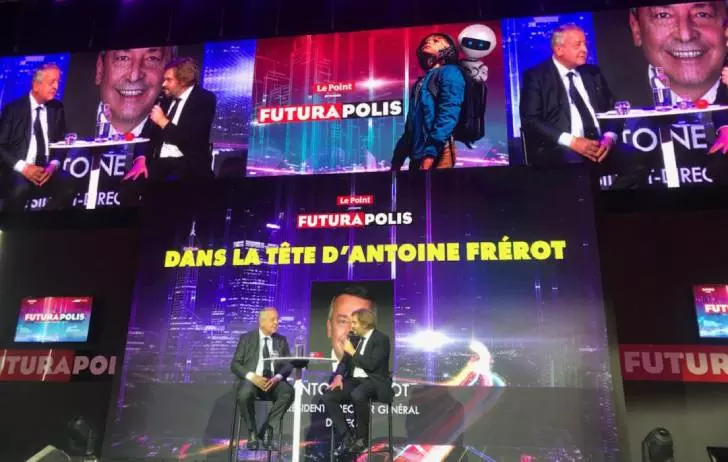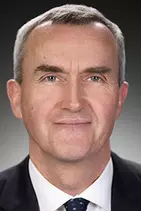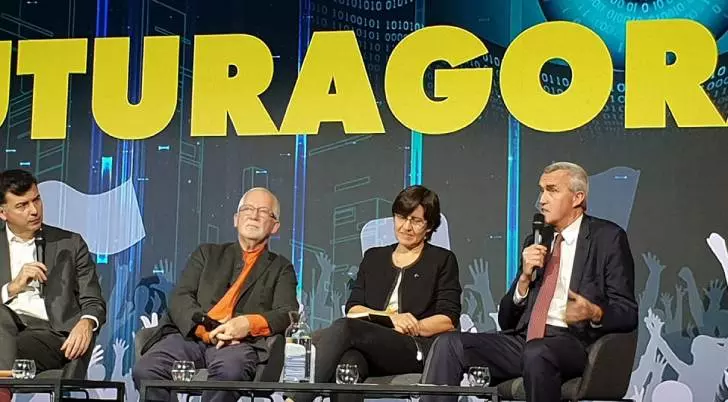In Toulouse, the 8th edition (16 to 18 November) of the Futurapolis Innovation Summit questions our lifestyle and democracies, comparing different visions of the future of innovation and progress. Antoine Frérot, Chairman and CEO of Veolia, presented his vision of the major environmental challenges. And Frédéric Van Heems, CEO of Veolia Water France, participated in the discussion on the question: "In 20 or 30 years, will there be any water left?"
Increasingly concerned and impacted by the consequences of pollution, young people bring their dynamism and creativity to finding answers to environmental problems. Antoine Frérot says, "They should be trained to understand complex phenomena. And their passion will be needed to find solutions."
Polluting must cost more than depolluting
When an economic activity pollutes, it is normal for the polluter to clean up. If we add "aid for depolluters" to the "polluter pays" principle things will move twice as fast because then depolluting will cost less than polluting.

Veolia's purpose is economic, social and environmental
Antoine Frérot believes companies are not criticized as much for the environmental problems they created as for the question of their usefulness.
For Antoine Frérot, a purpose describes a company’s usefulness and what it does. It is a compass that takes into account the interests of all its stakeholders in a multi-faceted performance. Although a company is the object of the private interests of the various stakeholders involved in it (shareholders, employees, customers, etc.), it is also a general interest tool because it serves a larger section of society and paves the way for the future. Business leaders, like companies themselves, are therefore "political objects". They have to explain what their company does, why it is desirable for it to develop and continue to exist, and why it needs assistance and allies.

"In 20, 30 years, will there be any water left in France?"
Frédéric Van Heems pointed out that the amount of water on the planet never varies. But with increasing urbanization, it needs to be properly distributed and clean, and at a cost that is accessible for everyone. Still today, 850 million people do not have access to drinking water and 2 billion to sanitation.


More
Video of the conference with Antoine Frérot at Futurapolis
(French)
Video of the conference with Frédéric Van Heems at Futurapolis
(French)

